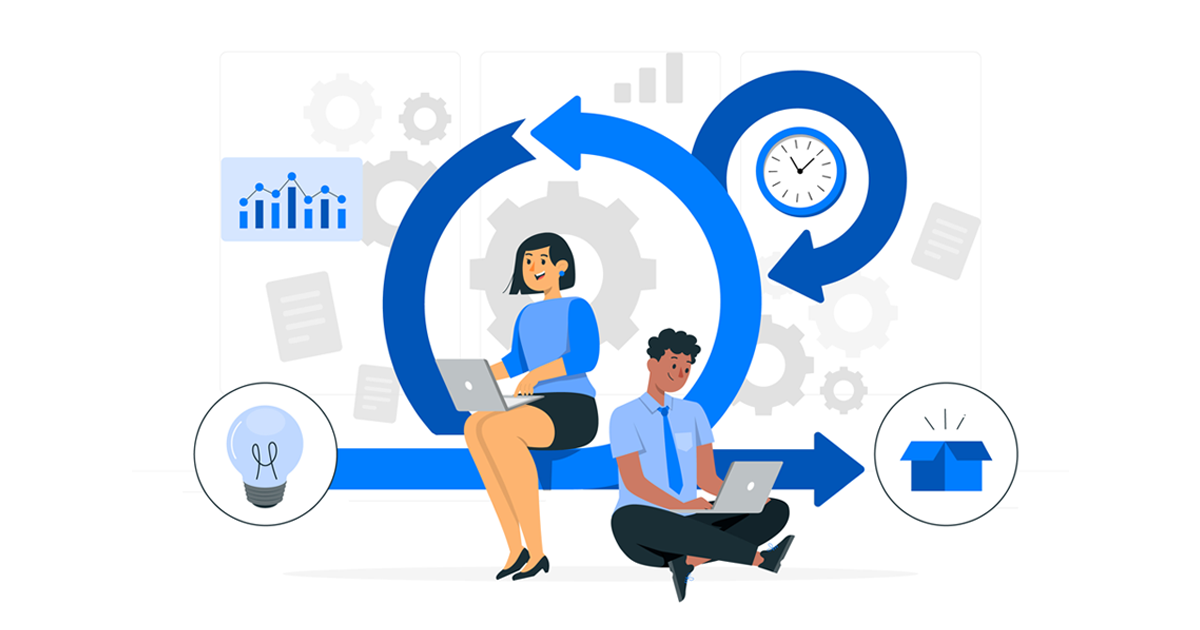
CRM Software for Nonprofits: Transforming Engagement and Efficiency
October 17, 2024In an era where technology plays a pivotal role in organizational success, nonprofit organizations are increasingly turning to Customer Relationship Management software (CRM software) to streamline operations and enhance stakeholder engagement. Designed specifically to meet the unique needs of nonprofits, these tools are revolutionizing how organizations connect with donors, volunteers, and the communities they serve.
The Role of CRM Software in Nonprofits
CRM software serves as a centralized platform for managing interactions with supporters, allowing nonprofits to track donations, volunteer activities, and communication efforts in one place. This integration simplifies administrative tasks and helps organizations cultivate stronger relationships with their stakeholders.
Key Features of Nonprofit CRM Software
1. Donor Management: At the heart of many nonprofit CRM systems is robust donor management functionality. These tools enable organizations to track donor information, give history, and engage levels, providing insights that inform personalized outreach and targeted fundraising campaigns.
2. Volunteer Coordination: Effective volunteer management is crucial for nonprofits that rely on community support. CRM software allows organizations to schedule volunteer shifts, monitor participation, and communicate easily with volunteers, ensuring a smooth and rewarding experience for everyone involved.
3. Fundraising Automation: Many CRM platforms offer automated fundraising features, such as online donation processing and recurring gift management. This automation not only saves time but also enhances the donor experience by providing seamless giving options.
4. Reporting and Analytics: Data-driven decision-making is essential for nonprofit success. CRM software provides powerful reporting tools that help organizations analyze fundraising trends, track campaign performance, and evaluate program impact, enabling informed strategic planning.
5. Integrated Communication: Effective communication is key to maintaining donor relationships. CRM software typically includes integrated email marketing and social media tools, allowing nonprofits to send targeted messages and updates to their supporters, keeping them engaged and informed.
Choosing the Right CRM Software
When selecting a CRM software system, nonprofits should consider factors such as usability, scalability, and cost. Many software providers offer nonprofit-specific solutions with features tailored to the unique challenges faced by charitable organizations. It’s advisable for nonprofits to assess their specific needs and perhaps even take advantage of free trials to find the best fit.
In conclusion, nonprofit CRM software is transforming the landscape for nonprofits, providing them with the tools necessary to enhance engagement, streamline operations, and ultimately further their missions. By investing in effective CRM solutions, organizations can focus more on their core activities—positively impacting their communities—while managing their relationships with supporters more efficiently. In a world where every connection counts, CRM software has become an indispensable ally for nonprofits striving for success.









